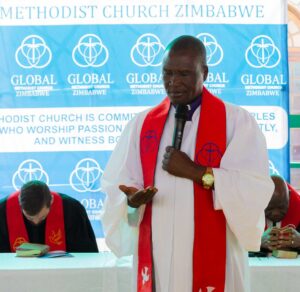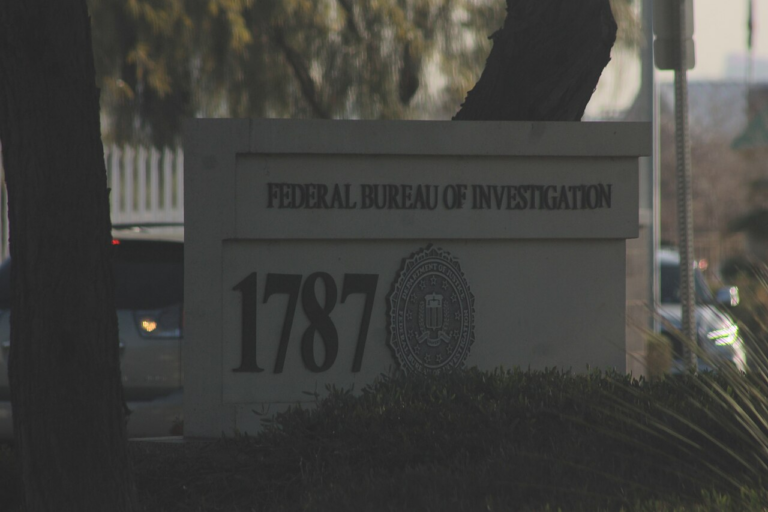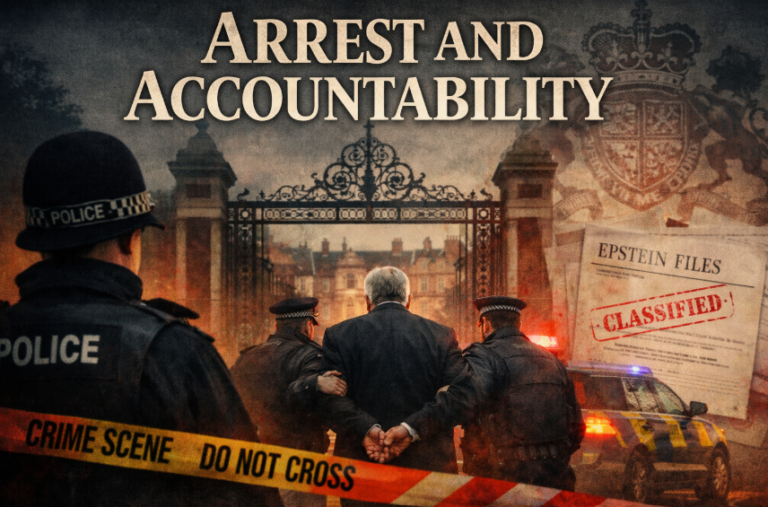Southern Baptist Convention president J.D. Greear, in a talk uploaded to The Gospel Coalition’s Ron Burns (aka Thabiti Anyibwile) Youtube page in 2019, breaks down the events in the song of Deborah in Judges 5 where there is a brief mention of God cursing a people for not helping Israel defeat their enemies in battle, and doing so in the most foolish, asinine way possible.
It’s of note that this took place before the bulk of BLM protests rocked the world in the summer of 2020. Greear has increased in wokeness about 666% since then. Check out this nonsense, then with commentary afterwards.
“God curses spectators. As Deborah sings out the victories of God’s people she says coming to a crescendo in verse 23 “curse Meroz, said the angel of the Lord, curse its people bitterly because they did not come to help the Lord against the mighty.”
Cursed? It doesn’t say they did anything bad, does it? It doesn’t say this tribe hung back and smoked weed and raided everybody else’s [tents?] while they were out fighting, it just says they did nothing. Meroz represents those people of God who failed to act when it’s not their land that’s threatened. If you do the geography Meroz is like ‘it’s not affecting us. These enemies ain’t coming after us so we’re going to hang back.’Now I want to turn more specifically to some of these issues of justice. Whether we’re talking about racial justice or gender justice or what have you. Tragically when it comes to many issues of justice there’s often been a malaise in the church. That’s usually the kindness word possible. In large part because the injustice did not directly affect those of us sitting in place of privilege. Like Meroz it didn’t affect our tribe. At least we didn’t think it affected our tribe. The church in the west in various generations has been slow, far too slow, to champion the dignity and equality of really anybody that’s outside of their circle.
We’d love to know what Greear has in mind when he talks about “Gender-justice.” According to the Global Fund for Women, they define gender-justice as “the systemic redistribution of power, opportunities, and access for people of all genders through the dismantling of harmful structures including patriarchy, homophobia, and transphobia. Similar to terms like racial justice and climate justice, it signifies an intersectional approach that centers the needs, experiences, and leadership of people most impacted by discrimination and oppression.” Something like that?
And some of us ask, we look back with genuine bewilderment, and we say ‘how could some of these great theologians, how could some of our ancestors have either gone along with slavery, some place even defending it, at the very least not really seeming to care about it very much. How could a large majority of conservative bible-believing Christians have just sat out on the sidelines during civil rights?’
And for the most part I think you’ve got to conclude they felt like it didn’t directly affect them, at least in the short run, so they didn’t think that much about it. [Like Dan they sat back in the [ships?] when they should have been out in the fight .
We have to be clear, the scripture says this not getting involved on behalf of others is a matter in God’s eyes of justice. Bearing the burden of our brothers and sisters in God’s kingdom, even when, especially when we think that what is happening doesn’t directly affects us is a matter of justice…
The word justice occurs over 200 times in the Old Testament, and almost always when you see it, or a lot of times when you see it, you’ll see four classes of people who are brought up, as in Deuteronomy 10:18. The widows, the orphans, the foreigner and the poor. What one scholars calls the quartet of the vulnerable. The just person according to the law is the one helping those 4 groups and any others that are marginalized.
The just person is not the one who is just paying their taxes. It’s not the one that’s just going along and not stealing from anybody. The just person in God’s eyes is the one who is taking up the cause of the one who is not him or her.
One scholar said it this way: ‘In the Old Testament, justice is not just putting down the oppressor, it is also helping to lift up the oppressed’. You see with the blessing of privilege, of whatever kind you want to call it, comes a responsibility to leverage that privilege for the less fortunate. I take a moment to point this out because we tend to put helping the needy or the oppressed under the heading of ‘charity’, and we say well if you don’t do that then you’re stingy. But God calls it injustice which is a much more serious thing…
This is where things really started to change for me, and where they continue to change for me as God has graciously put into my life and into our church brothers and sisters of color and it ceases to be a theoretical thing and it starts to be something I’m not reading about on CNN or Fox News. It starts to be a conversation I’m having across the dinner table and you start to realize ‘hey what’s this election look like from that perspective?’
What is that chapter of history, what does it feel like from that perspective? And what is the fact that I never talk about that aspect of that chapter of history, what does that feel like from that perspective? And what does that application process feel like from that perspective, and what is that crime, what does that police shooting, what does that feel like from that perspective?
JD Hall breaks down this fallacy:
Greear argues that “justice” means helping the poor. Of course, nowhere in Scripture – and I mean absolutely nowhere – is the issue of justice conflated with helping the impoverished escape poverty. Justice only demands that the impoverished have the same legal rights (not possessions) as others.
The word used in Judges 5:23 is שָׁפַט (pronounced ‘mish·pat‘) and refers to the handing down of a verdict in a court of law. The concept includes law-following and law-enforcing. Someone who is doing mish·pat is someone following God’s laws or a judge or jury punishing breakers of God’s law.
A survey of this word’s usage in the Hebrew Old Testament demonstrates this. The word, mish·pat, is used in conjunction with “judgment” and law-following in Genesis 18:19, Genesis 40:13, Exodus 21:1, and Leviticus 18:4 (just to name a few).
There are places where mish·pat and poverty or the poor are used together, like in Exodus 23:6, which declares that the poor shouldn’t be denied justice. This only strengthens the argument, however, because that passage, and others like it, are explicitly arguing that the poor should have the same right of legal recourse as anyone else. Neither this passage, nor any like it, argue that mish·pat has anything to do with giving things (possessions, food, clothing, etc…) to the poor. Mish·pat only refers to equal treatment under the law. Furthermore, let me add this strong rebuke here…
To argue the idea that “It is unjust, the OT says in almost 200 places, for those in positions of privilege not to leverage that privilege for those without it” is beyond asinine. It is beyond absurd.
First, this sentence from Greear is nothing but a pile of post-modern, Social Justice gibberish that has gone down the throat and has come back up a jumbled, gelatinous pile of regurgitated, nonsensical vomit. The use of the term “privilege” here (in the way Greear uses it) is absolutely foreign to the Old Testament.
This is a textbook definition of eisegesis. What Greear did was essentially 21st Century cultural appropriation shoved into the Sacred Writ. Not only is the language used by Greear utterly foreign to the Bible, the concept of privilege as a bad thing or as something that creates debt to others, is absent in the entirety of the Bible. What Greear said here was as eisegetical as any time Steven Furtick has read himself into the story of David.
“Leveraging your privilege” is not a thing, Biblically. I would encourage anyone to do a systematic theology on the intersectionality of justice and poverty, and you would find that the only admonitions toward the poor in the Old Testament in relation to “justice” is a demand they be treated the same as the wealthy. Nowhere does the Bible suggest it’s a matter of justice to redistribute wealth. By the way, verses like Leviticus 19:15 explicitly commanded Israel not to mistreat the rich in the name of helping the poor!
As I explained in the article, Why Justice is Not the Mission of the Church (In the Clearest Terms Possible), how these terms are distinct and not ubiquitous, as Greear apparently understands and teaches it. I defined the terms:
Justice – “Getting what one is due, what they deserve, or that to which they are entitled.”
Mercy – “Compassion toward one in a lesser estate, particularly done without obligation, but with empathy.”
How is it possible that someone of Greear’s ability to teach Scripture totally messes this up? Well, it’s necessary to butcher these distinctions in order to push the narrative that the church’s responsibility is “justice.” I further explained the problem:
The presumption of many of the thought-leaders on the side of evangelical Social Justice is that mercy is actually justice and that people are entitled to kindness. They presume this is the case because, as Marxists or collectivists, they have a hard time telling the difference between rights, entitlements, and charity. Sadly, this confusion has soteriological ramifications. If you do not know the difference between justice and mercy, you will have a hard time understanding the concepts of grace and gratitude.
This is your Southern Baptist President, people. Take a bow.























13 responses to “J.D. Greear Advocates for ‘Gender-Justice’ in New Woke Screed”
Excellent article, JD.
Amazing that the same people who say we’re all guilty of injustice if we don’t actively stand against it have never done anything like stand outside an abortion clinic and preach God’s Word. Hypocrites and fools.
No. If he followed his own theology he would burn down the clinics, kill the dr and nurses, and rescue the babies into his own home. Anything less is not ‘baby justice’
God help us.
Does anyone know who nominated Greear to be president? Not the convention, but the specific higher-ups who named him. I’d like to know so I can avoid them as well, unless they’ve acknowledged their error and repented.
Just another blind guide. Next.
Didn’t Greer just have a year added on to his term as president. Why is the SBC so self-destructive, and I’m not even a Baptist?
One thing I forgot to mention is that it appears the PCA is headed in the same direction as the SBC and the PC USA.
[…] the Southern Baptist Convention knew what was good for it (it doesn’t), it would rid itself of churches and pastors who subscribe to the devilish lie that racial […]
[…] is the norm for woke evangelicalism, Buck was immediately set upon by a cabal of race-baiting SBC Karens, who […]
[…] Privilege’J.D. Greear Statement Response Lauds Critical Race Theory, Affirmative Action in SBCJ.D. Greear Advocates for ‘Gender-Justice’ in New Woke ScreedWith Latest Comments, SBC President J.D. Greear Is Officially a Race-BaiterAs Rick Warren Announces […]
[…] Privilege’J.D. Greear Statement Response Lauds Critical Race Theory, Affirmative Action in SBCJ.D. Greear Advocates for ‘Gender-Justice’ in New Woke ScreedWith Latest Comments, SBC President J.D. Greear Is Officially a Race-BaiterAs Rick Warren Announces […]
[…] process, comparing conservatives to Pharisees and terrorists (long before January 6, 2021), promoting “gender justice” at The Gospel Coalition, joining an organization funded by George Soros to promote leftist causes, or doing what Janet […]
[…] J.D. Greear Advocates for ‘Gender-Justice’ in New Woke Screed […]